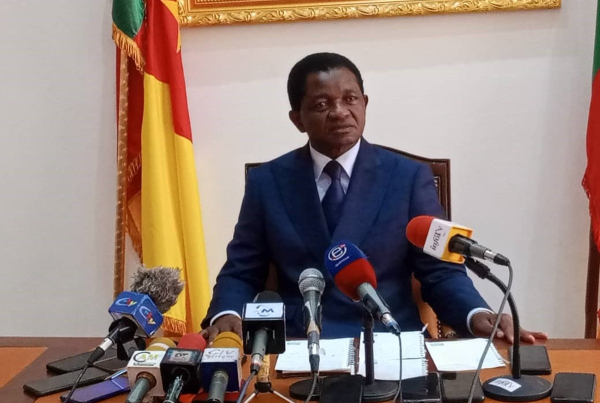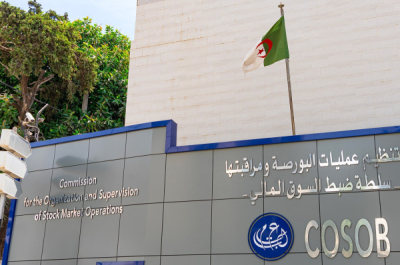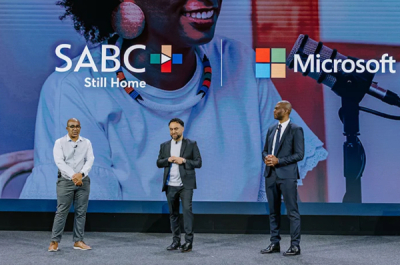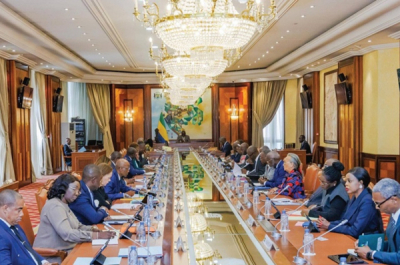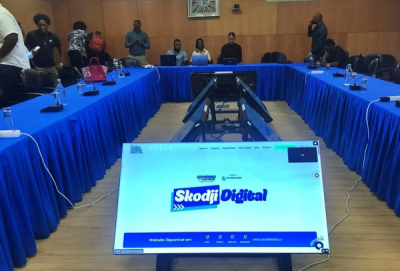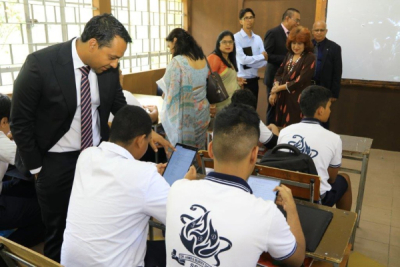• Cameroon launches digitalization program to modernize local governance
• 240 of 374 municipalities signed on; key challenges remain
• Goal: boost transparency, online services, and investment appeal
The United Councils and Cities of Cameroon (UCCC) unveiled its "Program for the Digitalization of Councils and Cities" (PDCV) in Yaoundé on Thursday, September 11. The initiative aims to modernize local governance by providing municipalities with shared digital tools and online services for citizens.
The PDCV is structured around four main pillars: a shared digital platform for municipalities and the UCCC, the creation of an integrated suite of digital services, enhanced digital skills for municipal staff, and program coordination and monitoring. The stated goal is to make local governments more transparent, efficient, and better connected with their constituents.
The project is part of Cameroon’s broader digital transformation strategy, which includes the gradual dematerialization of administrative procedures and the interconnection of public services. As part of this effort, 374 municipal websites have already been developed. However, for these sites to become fully operational, each municipality must sign a memorandum of understanding with the UCCC. So far, 240 municipalities have taken this step, while 134 have not yet signed, according to the association.
Ultimately, the PDCV is expected to increase the visibility of local governments, facilitate citizens' access to online administrative services, and make regions more attractive to investors. However, several challenges remain, including inadequate ICT infrastructure, a limited internet penetration rate of 41.9% as per DataReportal, a lack of skilled personnel, energy instability, and insufficient municipal financial resources. The program's success also hinges on the effective implementation of the General Code of Decentralized Territorial Collectivities, which allocates 15% of state revenues to decentralization.
Cameroon faces significant challenges in digital governance. According to the 2024 United Nations E-Government Development Index, the country ranks 155th out of 193, with an index score of 0.4294, well below the global average of 0.6382. This program represents a strategic opportunity to bridge this gap and firmly establish Cameroonian administration in the era of smart digital governance.
Samira Njoya


